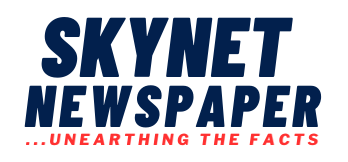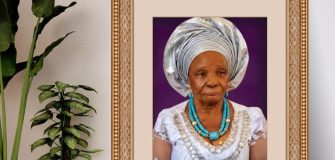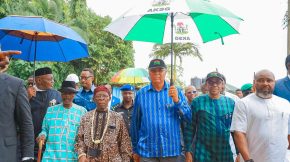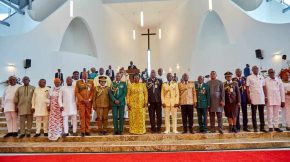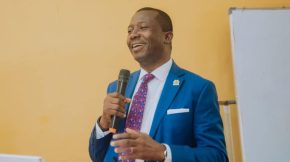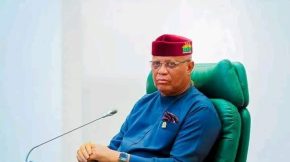Digitize or Disappear: Why Akwa Ibom Must Claim Its Space on Wikipedia
Share

By Aniekan James Ekah
In today’s world, visibility is power.
History is no longer written by those who lived it, but by those who upload it. Nowhere is this more evident than on Wikipedia — the world’s largest encyclopedia and the seventh most visited website on earth.
A quick analysis across the platform reveals that Yoruba, Igbo, and Hausa personalities dominate Nigeria’s digital representation. Their politicians, entertainers, entrepreneurs, towns, and traditions are extensively documented. The Yoruba, in particular, enjoy hundreds of biographical entries — from Fela Kuti to Wole Soyinka — forming a vast digital archive of cultural pride and influence.

This dominance is not accidental. These groups understand that visibility defines legacy. Every Wikipedia article extends their influence, shaping perception, attracting investment, and preserving cultural heritage. They know that if they do not tell their stories, others will — and not always accurately. By contrast, Akwa Ibom remains strikingly underrepresented. This is not merely about fame; it is about cultural continuity, global identity, and digital sovereignty.
A simple Wikipedia search shows barely a few active articles tied to Akwa Ibom’s people, heritage, or achievements — a fraction of what states like Lagos, Anambra, or Kano command. Yet our state is not short of brilliance. From public service to creative industries, from engineering to academia, Akwa Ibom has produced national icons. Our challenge is not achievement — it is documentation. Other tribes describe Akwa Ibomites as creative and industrious, yet too quiet in projecting themselves.
Psychologically, we have long equated modesty with virtue. But in the age of the internet, silence equals absence. While others document, we celebrate quietly. While others archive, we move on. But history only remembers those who record themselves.
As a Consultant in Digital Visibility and Knowledge Economy, I have observed this pattern globally. The groups that dominate Wikipedia also dominate perception. They control narratives, attract citations, and wield soft power in education, business, and media. In essence, digital visibility has become the new currency of relevance.
Akwa Ibom must now make a decisive shift — from digital modesty to digital mastery.
It is time to take our stories to Wikipedia — ethically, verifiably, and proudly.
Our institutions must embrace Wikipedia as a platform for cultural documentation. This is not about self-promotion; it is about securing our place in the world’s memory.
“For Akwa Ibom to rise, we must first be searchable.
The world must not only know who we are — it must find us when it searches.”
The call is urgent.
Let our political leaders invest in knowledge initiatives that document our achievements.
Let our academics and cultural custodians ensure that every milestone — from Ibibio linguistics to our industrial breakthroughs — is represented online.
And let our creative community tell our story in the language of the world — through verified information, shared knowledge, and credible citations.
Akwa Ibom’s greatness should not end in applause; it should continue in archives.
The world must not only hear our voice — it must read our story. Let us rise — not just in productivity, but in presence; not just in growth, but in global recognition.
For in the digital age, if you are not documented, you are deleted.
The time to ARISE and make this AGENDA a reality is now.
About the Author
Aniekan James Ekah is a Consultant on Digital Visibility and Knowledge Economy, and an advocate for the Akwa Ibom Creative and Intellectual Renaissance.
He works with individuals, institutions, and governments to build visibility and reputation on global knowledge platforms like Wikipedia

